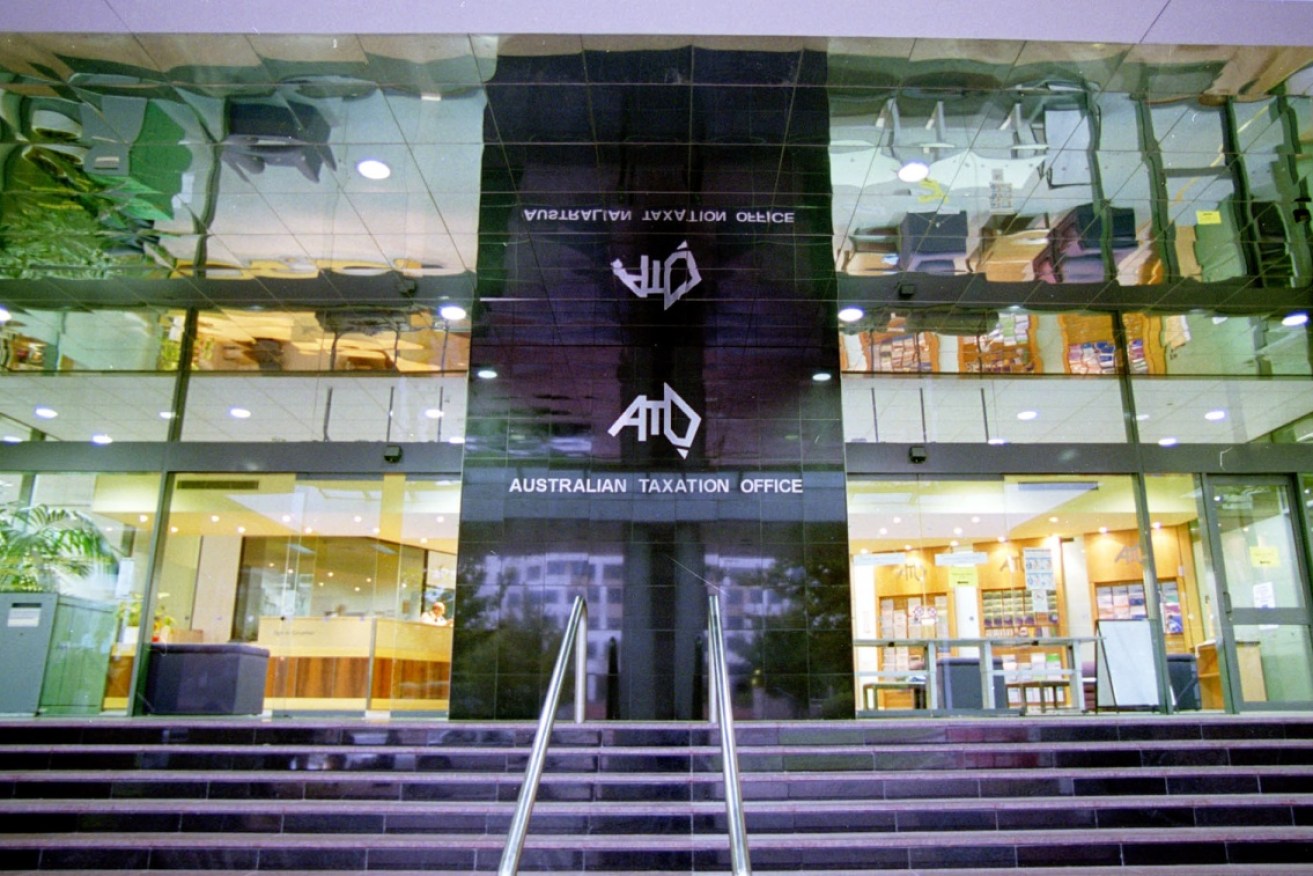ATO will ‘destroy your life’ if you dare to speak out: whistleblowers

The tax office is under scrutiny. Photo: AAP
Former staff at the scandal-plagued Australian Tax Office have sounded the alarm about the likelihood of continuing abuses at the agency due to an internal culture that squashes whistleblowing and refuses to tolerate dissent.
The country’s tax colletor is under mounting scrutiny following allegations that ATO deputy commissioner Michael Cranston improperly accessed records on behalf of his son, Adam Cranston, who was last month charged as one of the key players in a $130 million fraud syndicate.
On Tuesday, Inspector-General of Taxation Ali Noroozi said a review into the agency’s practices was “inevitable”.
Whistleblower Ron Shamir told The New Daily that the agency had created a climate of fear to keep employees in line.
“I have not been able to get a job for two years,” said Mr Shamir, who was sacked in 2015 after alleging that senior managers had cancelled taxpayer refunds en masse without justification.
“Our life savings have evaporated in that time, mainly on legal fees. We are about to lose our home and we can’t even afford to rent.”

Nine people have been charged over a conspiracy to defraud taxpayers, including Adam Cranston, the son of Australian Taxation Office Deputy Commissioner Michael Cranston (pictured). Photo: AAP
Last week, ATO commissioner Chris Jordan separately revealed that 30 employees had been investigated so far this year for accessing private taxpayer information without authorisation.
While acknowledging that recent revelations had struck at the “heart and values” of the ATO, Mr Jordan denied there were systemic problems at the organisation.
An ATO spokesperson told The New Daily that it was committed to the “highest standards of ethical behaviour and integrity” and did not take retribution against employees who raised concerns.
“The ATO is committed to supporting the making of public interest disclosures, protecting those who make disclosures and ensuring appropriate action is taken,” a spokesperson said.
“These reports can also be made via a number of channels, including to an authorised officer or via email within the ATO or to the Commonwealth Ombudsman.”
But Mr Shamir, whose dismissal was ruled unjustified by the Fair Work Commission before it was later upheld on appeal, said the ATO was abusing the vast resources at its disposal to silence criticism from within and outside the organisation.
“The vast majority of ATO dissent is resolved with Confidentiality Agreements accompanied by financial settlements, also taking massive amounts of public funds out of the tax system without scrutiny,” he said.
“Of course most whistleblowers take the money, because if you don’t take the money they offer – taxpayer’s money – the ATO use that money to leverage the legal system, to crush the dissent.”
Mr Shamir said colleagues looking at the “devastating” consequences for his family of him speaking out would have no motivation to disclose potential wrongdoing.

An Aladdin’s cave of riches waits to be tendered as evidence in court. Photo: AAP
Stephen Strelecky, another former tax worker, said silencing dissent was the “modus operandi”, claiming tactics for keeping public servants quiet have included levelling false complaints against outspoken employees and referring them for psychiatric assessment.
“It’s more than pervasive, it’s actually as official as you can possibly get without it being stated,” said Mr Strelecky, who won a compensation case and later an apology from the tax office over its management’s botched handling of anti-Semitic bullying by colleagues.
“That’s what they do, that’s in their DNA. They are paranoid about bad publicity.”
Steve Davies, a former tax official who has helped some 20 whistleblowers since leaving the agency in 2011 because, as he puts it, the “dysfunctional culture” warned that the ATO’s “obsession with reputation” was a recipe for corruption.
“Because of their risk aversion, their threshold for being seeing as a threat is low to the point where it verges on paranoid,” Mr Davies said. “And that’s not good to have in an organisation, like the ATO, which affects the lives of every single Australian.”
“I know of cases where people have endured this for, would you believe, anywhere between five and 10 years,” Mr Davies added, “and they end up with their lives destroyed.”








